DAKAR, Senegal (AP) — Three Americans involved in a brazen attack on Congo’s presidential palace over the weekend formed an unusual gang led by eccentric opposition figure Christian Malanga, who dabbled in gold mining and driving cars before convincing his Utah-born son to join the failed coup, officials said.
Six people, including Malanga, were killed and dozens arrested, including the three Americans, following that attack and another on the residence of a close ally of President Felix Tshisekedi, Congolese army spokesman Brigadier General Sylvain Ekenge said.
Ekenge said Malanga was killed in a shootout with presidential guards on Sunday morning. The situation “is under control,” he said.
Authorities said they were still trying to figure out how Malanga’s 21-year-old son, Marcel, went from playing high school football to allegedly trying to oust the leader of one of Africa’s largest countries.
“My son is innocent,” his mother, Brittney Sawyer, wrote in an email to The Associated Press, declining to provide further details.
Sawyer has regularly posted proud family photos on social media, including one in December showing Marcel, a little sister, and a toddler hugging in matching Christmas pajamas. In 2020, she posted photos of Marcel lifting weights and dancing during the COVID lockdown.
In a Facebook post Monday morning, Sawyer angrily wrote that her son had followed his father. “This was an innocent boy following his father. I am so tired of all these videos being posted everywhere and sent to me. God will take care of you!”
A video that circulated on social media showed his son standing next to a bloodied white man whose identity was unclear, both covered in dust and surrounded by Congolese soldiers. Marcel had his hands raised and a frightened expression on his face.
It was a far cry from the persona Marcel seemed to have built in recent videos posted to Facebook and TikTok, in which he posed with stacks of dollar bills and talked about women.
Her father, Malanga, described himself on his website as a refugee who thrived after settling in the United States with his family in the 1990s. He said he became a leader of a Congolese opposition political party and met with high-level officials in Washington and the Vatican. He also described himself as a devoted husband and father of eight children.
Court records and interviews paint a different picture.
In 2001, the year he turned 18, Malanga was convicted in Utah for incidents including assault with a firearm that resulted in a 30-day jail sentence and three years of probation. That same year, he was charged with domestic violence in one incident and battery and disturbing the peace in another, but he pleaded not guilty and all charges in both cases were dismissed.
In 2004, he was charged with domestic violence with the threat of using a dangerous weapon, but he pleaded not guilty and the charges were dismissed. Since 2004, records show several cases involving a custody dispute and a child support dispute. It is unclear whether the disputes involved Sawyer.
Malanga’s relatives gathered Monday afternoon at his mother, Chantal Malanga’s, home in West Jordan to mourn his passing. A steady stream of friends stopped by with plates of food and to offer condolences.
Sydney, a cousin of Christian Malanga who answered the door, told AP that the family was “heartbroken” and “so shaken” after learning of his death. They were discussing plans for a possible funeral in Utah, she said, without providing further details.
Malanga described himself as the organizer of the United Congolese Party, a movement aimed at organizing emigrants like himself against “the current dictatorial Congolese regime.” He also described himself as president of the “New Zaire” government-in-exile and issued a manifesto detailing plans, including creating business opportunities and reforming Congo’s security services.
Photos on his Facebook and website show him meeting with prominent U.S. political figures of the time, including former Utah Congressman Rob Bishop and New York Congressman Peter King.
Bishop told AP he did not remember the meeting and could not say when the photo was taken. King could not be reached for comment.
Dino Mahtani, an independent researcher on African affairs, said he first heard about Malanga in 2018, while serving as a political adviser to the United Nations in Congo. He said Congolese authorities had expressed suspicions that Malanga was involved in an alleged plot to kill then-President Joseph Kabila.
In an interview, Mahtani said he had never met Malanga in person, but thought Malanga was obsessed with gaining some form of power in Congo.
He also speculated that Malanga had been framed or betrayed during the weekend attack, given the implausible way in which it was carried out.
“Someone put him in this situation. It could be outside conspirators, but given his previous close relationship with at least one of Tshiskedi’s current military commanders, there is some possibility that the conspiracy was known internally and that allowed them to act quickly,” Mahtani said.
The alleged coup attempt began at the Kinshasa residence of Vital Kamerhe, a federal lawmaker and candidate for president of Congo’s National Assembly. His guards killed the attackers, officials said.
Malanga, meanwhile, was streaming a video from the presidential palace showing himself surrounded by several people in military uniforms milling around in the dead of night. He was later killed while resisting arrest, Congolese authorities said.
Congolese authorities have not commented on how the attackers gained entry.
“It’s really hard to imagine how 20 or 30 young men thought that by storming the presidential palace at 4 in the morning, when there was nobody there, they could somehow take control of the Congolese state,” Mahtani said.
A second American allegedly involved has been identified as Benjamin Reuben Zalman-Polun, according to images of a U.S. passport released by Congolese media. He graduated from the University of Colorado and took business courses at Georgetown University, court records show. He later started a commodities trading business and worked as a courier and Uber driver, records show.
According to an official newspaper published by the Mozambican government and a report by the Africa Intelligence newsletter, his connection to Malanga appears to have occurred through a gold mining company founded in Mozambique in 2022.
Zalman-Polun pleaded guilty in 2014 to drug trafficking charges in the United States, admitting that he and a friend conspired to ship at least 20 kilograms of marijuana from a base in Lake Tahoe, California, to customers across the United States. Prosecutors asked for leniency, citing the “substantial assistance” they said he provided in their investigation.
In that case, his lawyer did not immediately respond to a message seeking comment.
No information has been released about the third American.
The U.S. Embassy in Kinshasa said it was aware that “U.S. citizens may have been involved in Sunday’s events,” adding in a statement that it would cooperate with authorities “as they investigate these violent criminal acts.”

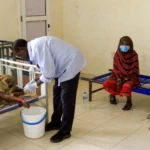
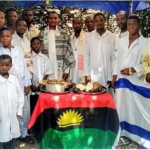

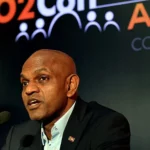
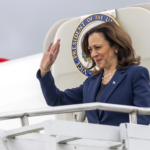

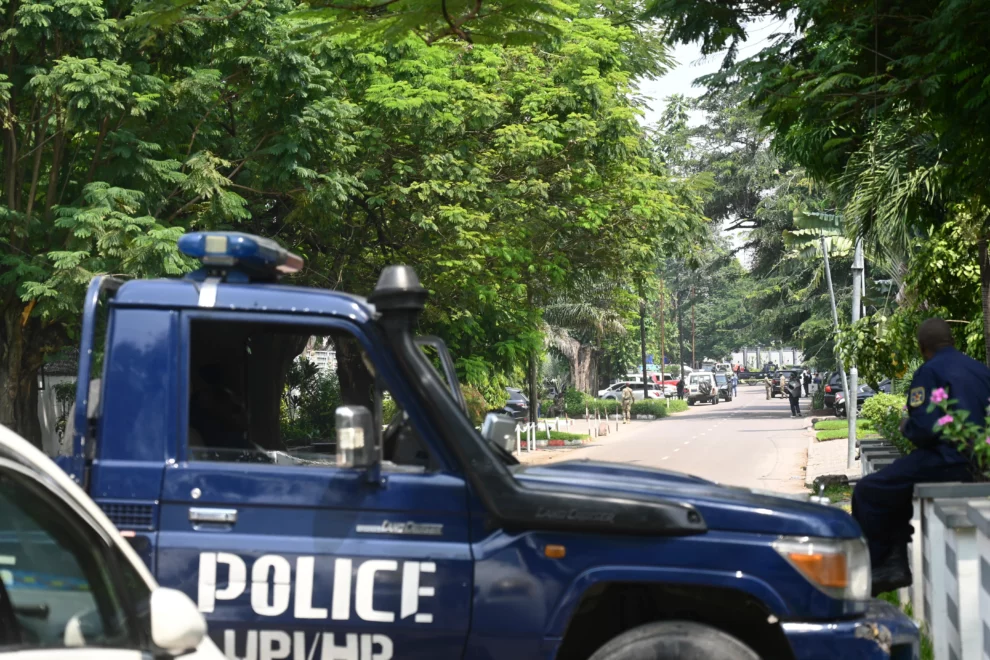
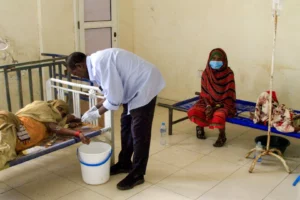
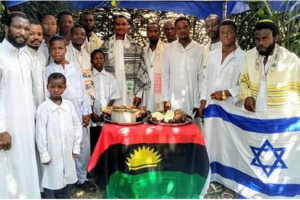







Add Comment